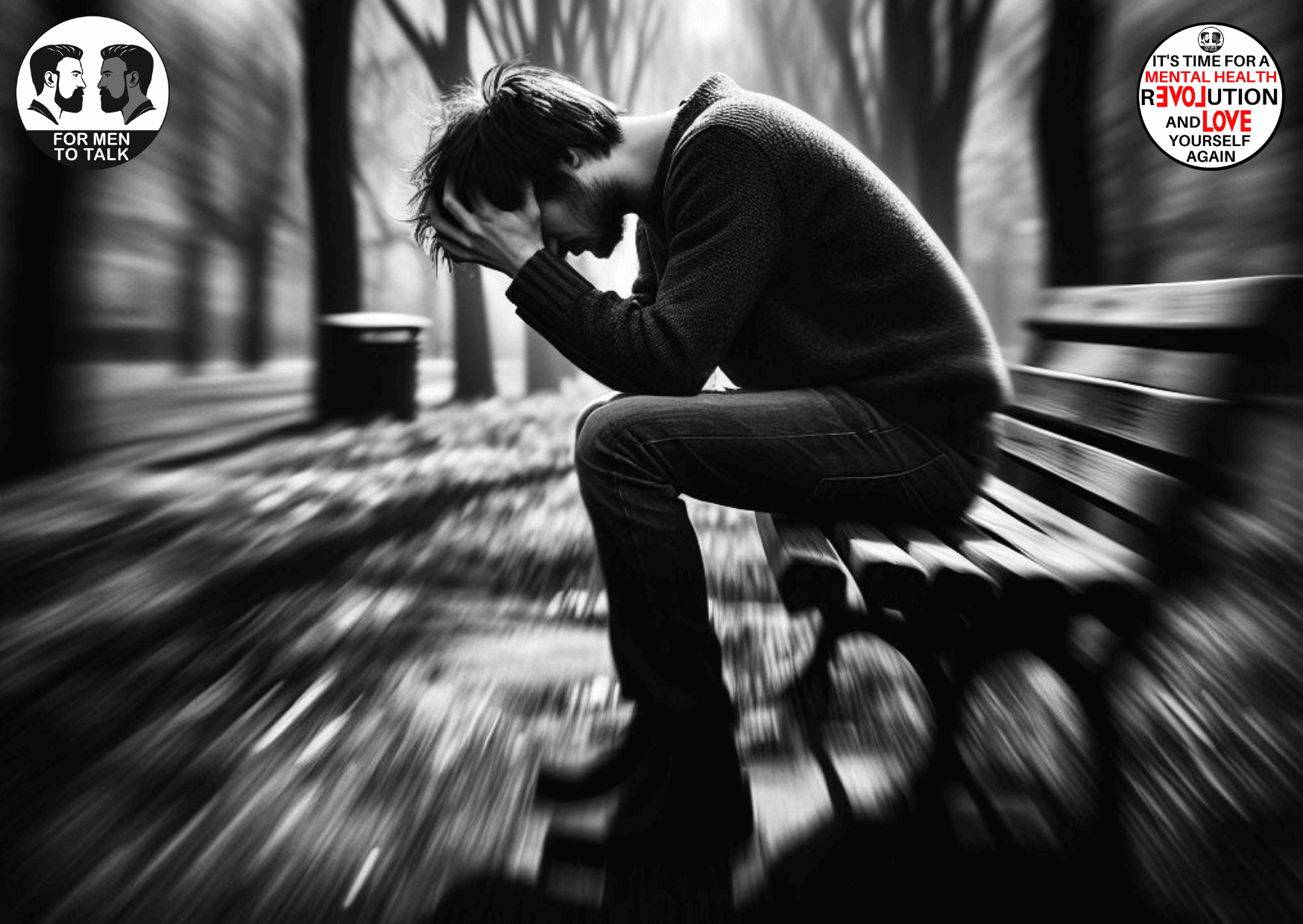Anxiety and how it effects how our body

Anxiety is a common mental health disorder that can have significant effects on the body. It is characterised by feelings of worry, nervousness, and fear that can interfere with a person’s daily activities and relationships. Anxiety can cause both physical and psychological symptoms, which can range from mild to severe.
When a person is experiencing anxiety, their body goes through a number of changes. These changes are part of the body’s natural ‘fight or flight’ response, which is designed to help us cope with threatening or stressful situations. When activated, the fight or flight response causes a number of physiological changes that help us to prepare for action.
One of the most noticeable effects of anxiety on the body is an increase in heart rate. This is because the fight or flight response causes the release of adrenaline, a hormone that speeds up the heart and increases blood flow to the muscles. This can make a person feel like their heart is racing or pounding in their chest.
Anxiety can also cause other physical symptoms, such as shortness of breath, sweating, and trembling. These symptoms are caused by the increased activity of the sympathetic nervous system, which is responsible for the body’s response to stress. The sympathetic nervous system also causes the body to release hormones such as cortisol, which can lead to increased blood sugar levels and higher blood pressure.
In addition to these physical symptoms, anxiety can also cause psychological symptoms. These can include a racing or busy mind, difficulty concentrating, and feelings of worry or fear. Anxiety can also lead to avoidance behavior, where a person tries to avoid situations that make them anxious. This can interfere with a person’s ability to go about their daily activities, and can lead to problems with relationships and work.
Calming step 1: Have a script ready
Try repeating, in your mind or out loud, phrases such as “I’m strong, and I can handle this,” or “This is only temporary, and it will pass.”
Calming step 2: Focus on breathing
- Find a quiet place to sit or, if possible, lie down
- Take a slow, deep breath in through your nose, hold for 5 seconds, and exhale out through your mouth, for 5 seconds.
- Repeat for several minutes or until you feel calm.
Calming step 3: Find a distraction. Try these ideas:
- Call a supportive family or friend
- Listen to calming music or music that you enjoy
- Do you have a pet? If so, seek comfort from them
- Picture yourself in a peaceful place, maybe a forest or on a beach
- Sing or hum
- Take a walk preferably in park or wooden area
Overall, anxiety can have a number of significant effects on the body. It can cause physical symptoms such as a racing heart and shortness of breath, as well as psychological symptoms such as worry and fear. These symptoms can interfere with a person’s daily activities and relationships, and can have a negative impact on their overall quality of life.